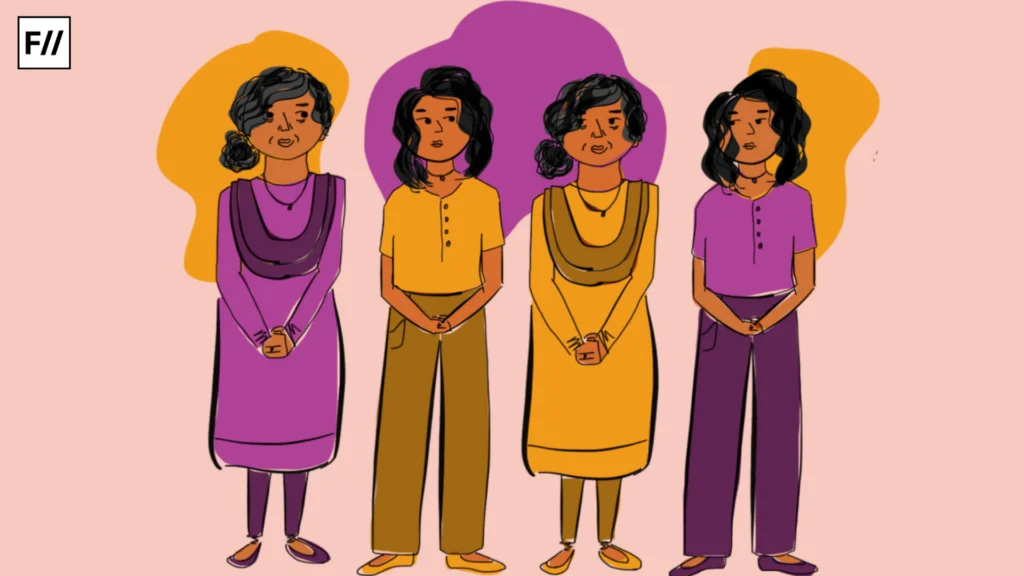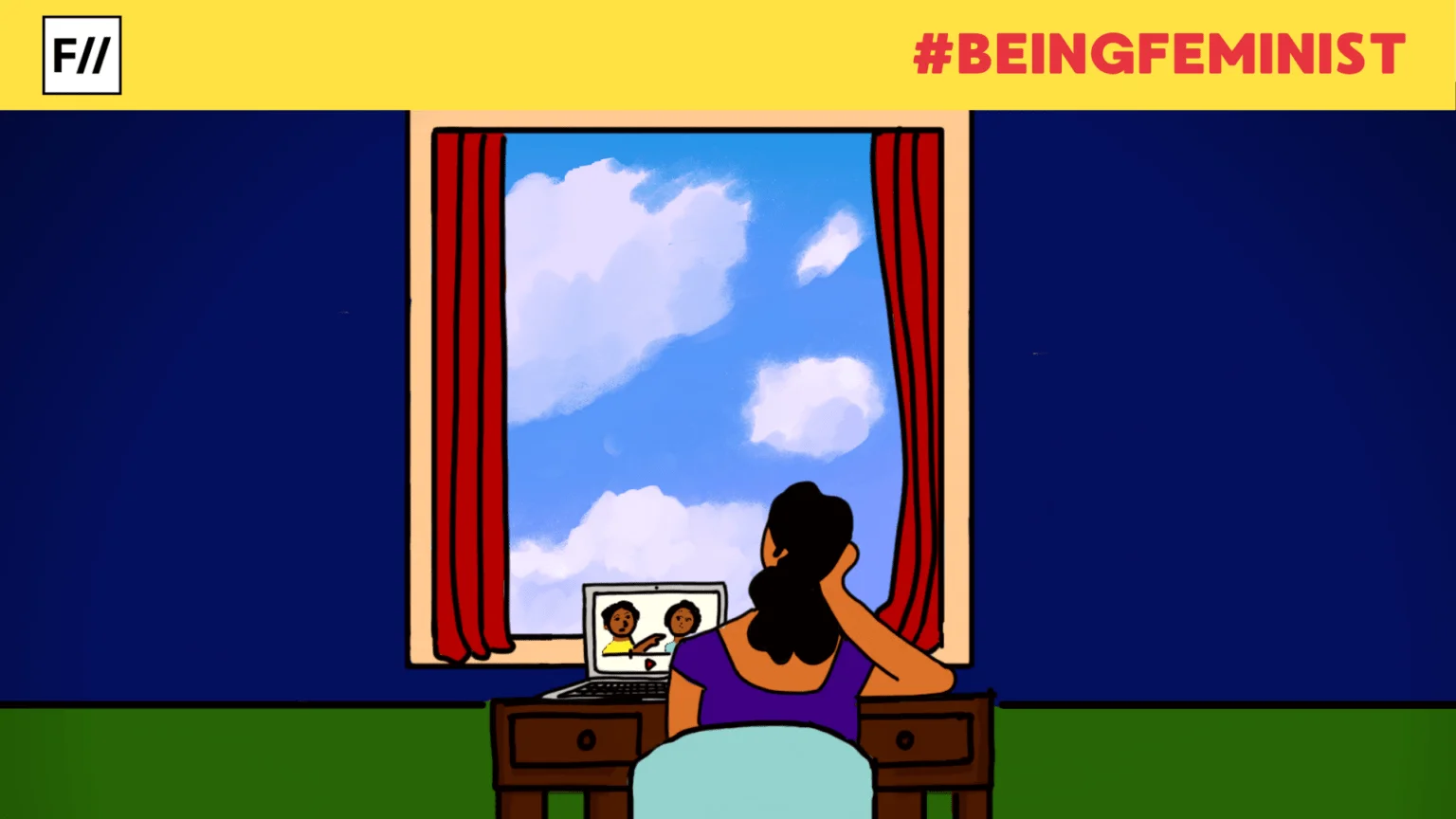My partner and I recently switched jobs; he got a better role and better pay, and I switched to a better role with the flexibility to work from anywhere in the world. This morning, we were discussing what changes we need to make to our monthly budget to reflect our increased salaries. Do we put more in savings or discretionary funds? Or do we foresee our fixed expenses increasing and directing our money there? You get the drift.
As the discussion continued, we got sidetracked and started discussing the topic of women being called “gold diggers” in detail.
While doing this, I found myself saying that I wish I was making 10x more than I am right now so we wouldn’t need to budget anymore (not that I’m ungrateful at all for what we have; we have our house, cars, we go on two overseas holidays a year, and so on), but I’ve always wanted to have “fuck you money.” Not because I want to buy things or have many material dreams, but so that I never have to ask anyone for money. Ever. And behind this was the fear of being called a “gold digger.”
As the discussion continued, we got sidetracked and started discussing the topic of women being called “gold diggers” in detail. This is something I find particularly infuriating, and I’ll tell you why.
For generations, men have largely controlled finances through gender roles and patriarchy. According to research from the Brookings Institute, ‘economic inequality between genders has roots in the historical and legal constraints placed on women, which granted men sole financial control in households.’ Women weren’t even legally allowed to own land or open bank accounts until just a few decades ago, as highlighted by LEAF’s historical overview of women’s financial rights.

So now when women seek financial security through their relationships due to generations of how society has been moulded, why the outrage and mud-slinging?
The “gold digger” label gets thrown around way too casually, especially in the comment section of conventionally attractive women’s posts who have married a rich guy. Not to mention the hundreds of influencers who make these street videos or skits trying to bait women and brand them as gold diggers when no money has even been exchanged. According to The Guardian, these ‘gold digger prank videos‘ objectify women and perpetuate harmful stereotypes.
Now, my partner is successful, and my parents are doing well for themselves too, but I avoid relying on either of them financially so that I can have my own identity. Being self-made always meant a lot to me, and I’ve felt immense pressure to “prove my worth,” especially in the monetary context. I’m not trying to be a “pick me” here, saying, ‘Oh, I make my own money, I’m not like other girls.’ I’m just sharing that the immense pressure I’ve felt since I was a teenager is partly because of how I’ve seen so many women around me lead unhappy lives until their last breath because they were not financially independent, and their agency of choice was taken away from them.
The NIH highlights that ‘financial dependence is linked to increased stress and lower well-being in women.‘ As a result, financial independence often becomes essential to both personal and psychological autonomy for women.
As I grew up, my mum, who is a financially independent woman, always told me, ‘Become independent; always have your own money; it gives you the power to make your own choices,‘ so it was always ingrained in me. This is consistent with studies from the World Bank that show financial independence empowers women by giving them more control over their lives and decisions. So, my self-worth got increasingly tied to my earning capacity, which has impacted my mental health over the years.
So, my self-worth got increasingly tied to my earning capacity, which has impacted my mental health over the years.
I turned to my partner during this conversation and said, ‘You know, this whole gold-digger thing is just another way patriarchy controls women. Men have historically held the reins of financial power, and the moment women start reclaiming it—whether through their careers, investments, or even platforms like OnlyFans that capitalise on men’s sexualisation of women—society gets uncomfortable.’ There is no winning, to be honest, with the “labels.”
If women make a “choice” to espouse traditional gender roles, marry rich, and become homemakers, they are labelled as “gold diggers.” If they make their dough and choose to chase professional success, they are labelled as “career-obsessed” or “cold.” UN Women explains this double standard: ‘patriarchal structures often stigmatise women for their financial ambitions, while simultaneously expecting them to take on nurturing roles in both personal and professional settings.’
Patriarchy’s grip on finances: why the “gold digger” narrative persists
The term “gold digger” feels like a modern-day witch hunt, targeting women who look for partners who provide them with financial security. According to Oxfam International, ‘patriarchal power structures have historically ensured that men controlled financial resources, forcing women to rely on their male partners for economic stability.’ Isn’t that how patriarchy was built in the first place? Historically, men were expected to be the breadwinners who controlled the finances, and women were relegated to the sidelines, depending on their husbands for security.
In such a context, how is it wrong for a woman who wants to be a traditional wife to seek a partner who can provide financial stability?
More often than not, the person labelled a “gold digger” is the one with less power in the relationship.
It’s fascinating how the power dynamics play out here. More often than not, the person labelled a “gold digger” is the one with less power in the relationship. Think about it — if one partner holds significant financial resources, they automatically wield influence over the other. Yet, society demonises the one without the financial power rather than the person who holds the purse strings.
Gold digger vs. trophy wife: why do we only shame one?
It’s also ironic that some of the loudest critics of so-called “gold diggers” are men who fear they have nothing to offer financially. According to research from the Harvard Gender and Sexuality Studies department, the derogatory labelling of women as gold diggers often stems from male insecurities about their financial contributions. It’s as if they project their insecurities by demonising women who simply desire financial stability.

Why are women shamed for seeking financial security, especially when men, for ages, have valued physical attractiveness in their partners without similar condemnation? Then when women leverage men’s desire for physical attractiveness to make money through platforms like OnlyFans, they are vilified and labelled “sl*ts.” This phenomenon is discussed in depth by Harvard, noting that women’s control over their bodies and income via platforms like OnlyFans makes many men uncomfortable, as it disrupts traditional power dynamics.
Arranged marriages: the original transactional relationship?
Take the institution of arranged marriage, for example. It has long been a transactional relationship where both parties know exactly what they are signing up for. A guy with a good income or generational wealth marries a woman who might leave her job or take on a homemaker role. Both parties understand this dynamic, yet we still see the woman getting labelled a gold digger, while the man’s role is seen as normal or expected.
These relationships have existed for ages, with women being socialised from a young age to seek financial security in a partner, as explained by Oxfam’s gender research. The patriarchal mindset is blatantly anti-woman, and if men are so afraid of “gold diggers,” why not simply marry someone with equal financial status and not for looks? It’s not that complicated.
Conservative double standards: why women can’t win either way
It’s not just the stereotype of women chasing wealth. I’ve seen guys complain about women at bars ignoring them until they learn about their financial success. The funny thing is, these women didn’t take any money or demand anything — they just changed their attitudes. Yet, these men label them as “gold diggers,” even when no financial transaction took place. This attitude reflects the conservative double standard discussed by UN Women, where men expect traditional gender roles but vilify women for seeking financial stability in those very roles.
The real problem isn’t gold diggers — it’s who holds the power
Ultimately, the issue isn’t about money. The problem lies in the power dynamics, the expectations, and the control. As Oxfam points out, men have long held financial power, and when women start to reclaim that power by playing the game instead of just being pawns—society is quick to push back. The term “gold digger” is just one tool in the arsenal used to shame women for wanting what men have enjoyed for centuries: security, power, and freedom.

So the next time someone throws around the term “gold digger,” maybe we should ask ourselves — who really holds the power, and why is seeking financial security considered so shameful? After all, relationships have always been, in some form, transactional. Why should women be demonised for playing the same game men have dominated for centuries?





